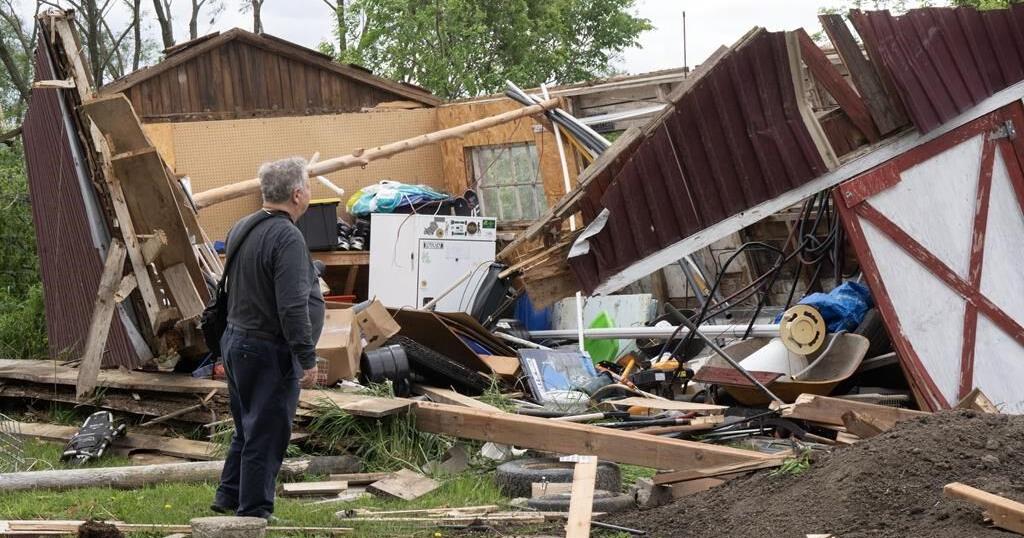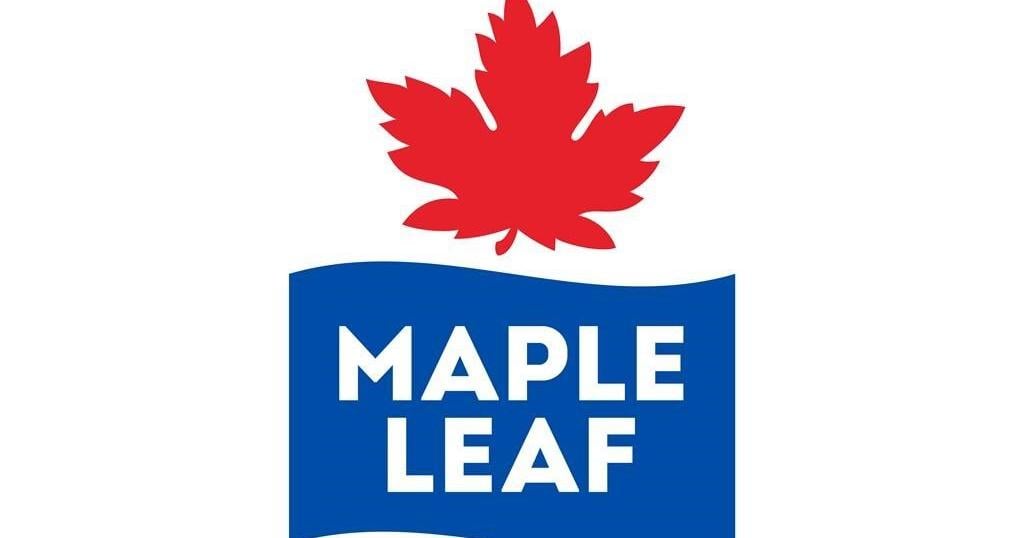MONTREAL – On July 24, Environment Canada issued a tornado warning for the area around Lachute, Que., northwest of Montreal, urging people to take shelter. The warning was accurate: a tornado touched down outside Lachute about an hour after the alert. But three other twisters that day slipped past forecasters.
In the following days, the department confirmed that tornadoes had also formed on July 24 over the municipalities of Brossard and Boucherville, both located on Montreal’s South Shore, and west of Quebec City in Cap-Santé. None of those tornadoes was preceded by warnings from the department, which only issued extreme thunderstorm watches.
Predicting where tornadoes will form is difficult, and forecasters in Canada don’t have a stellar track record: between 2019 and 2021, only 23 per cent of tornadoes were preceded by a warning, a percentage that rose slightly to 35 per cent in 2022, according to the Northern Tornadoes Project, a research group at Western University in London, Ont.
When a suspected tornado strikes, researchers with the group head into the field to investigate and share their findings with the federal government. David Sills, executive director with the tornado project, says Environment Canada has recently improved its tornado alerting program, but he says the agency should be issuing more warnings — even if officials aren’t always accurate.
“The public loses trust when they get the warning after the damage has occurred or they don’t get any warning at all,” Sills said in a recent interview. “That’s when they really lose trust in the system.”
Sills says the department should train its forecasters to more quickly assess unpredictable weather patterns and to better use data generated from radar and satellite imagery for making predictions.
The federal government uses a variety of special alerts to inform the public about tornadoes. The most urgent are Alert Ready messages, which are sent directly to cellphones and disrupt television and radio broadcasts.
Over the past five years, the number of Alert Ready tornado warnings issued by the Environment Department has risen steeply. In 2019, 85 were issued and by 2023 the number jumped to 674, with 538 so far in 2024. In Quebec, there were just three tornado alerts in 2019 but that rose to 85 in 2023. There have been 41 so far this year.
The increase in warnings does not necessarily mean there has been more tornadoes. Members of the tornado project and officials at Environment Canada say the jump is due to better detection equipment and more investigators. And Sills says pressure brought by his group has led officials to broadcast more warnings, although he says they should be issuing even more.
“Sending warnings to cellphones has certainly saved lives,” Sills said.
In Quebec and Ontario in 2022, a derecho — a line of intense, fast-moving windstorms — was eventually blamed for 16 deaths, he said. “All of them were just people who couldn’t get out of the way fast enough.”
Alert Ready messages are automatically triggered for a tornado or severe thunderstorm with winds greater than 130 kilometres per hour or when at least 7 centimetres of hail is forecast.
Joanne St-Coeur, director of prediction services for Quebec and Ontario at Environment Canada, says “weaker tornadoes are more challenging to predict.”
St-Coeur says the agency invested in new radar equipment in 2023 and in updated training for meteorologists to better identify tornadoes and thunderstorms. As well, the department is experimenting with a tornado-predicting model widely used in the United States. Currently, the department divides the country’s territory into fixed geographic zones for issuing alerts, which means people living in a city may get a warning for a tornado touching down in a rural area far from where they are.
Instead, St-Coeur says the department wants to use a more flexible, polygon shape to set the boundaries for a tornado warning, which will make the alerts more precise. The department, she added, is also planning to roll out a colour-coded alert system by next year to more easily communicate levels of danger to the public for all severe weather events.
And while there may not be hard evidence that the number of tornadoes in Canada is increasing, Sills’s group is certainly busy. On Tuesday, a team from the Northern Tornadoes Project was scheduled to begin investigating potential tornado damage from the weekend in Quebec along the St. Lawrence River, including in the municipalities of Sorel-Tracy, Batiscan and St-Aimé-des-Lacs.
This report by The Canadian Press was first published Aug. 6, 2024.

























